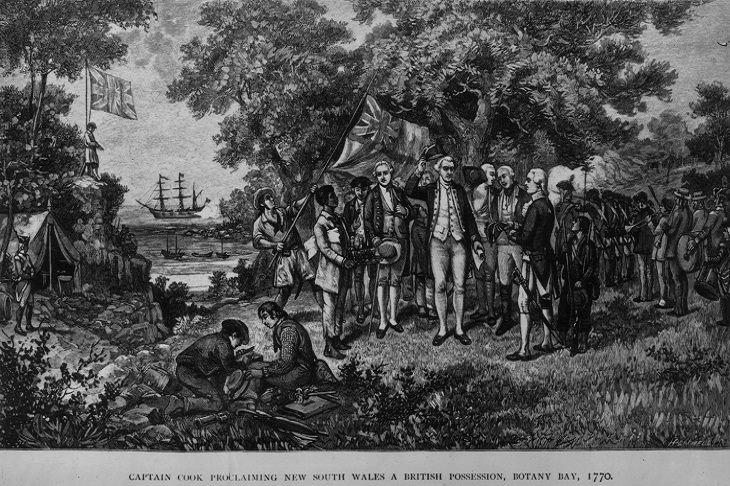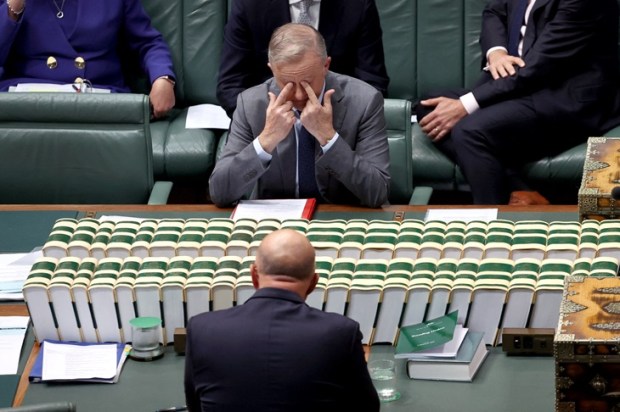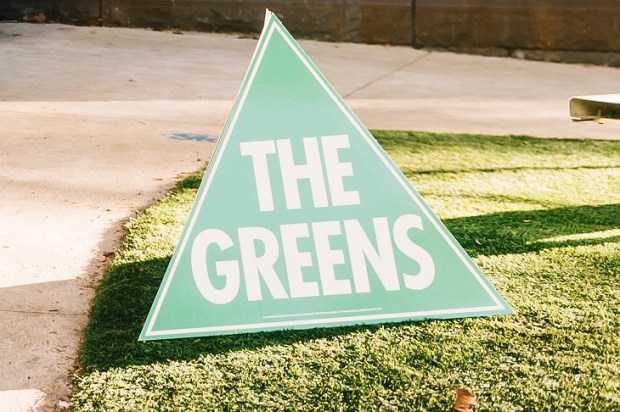Nation-states not only have a distinct way of life, they typically do all they can to preserve it.
Without it, the state’s political and cultural survival would be at risk.
The distinct way of life is what’s represented in the state’s corporate branding. This includes its emblem, the lyrics of its anthem, the design of its flag, its official language, and the central themes that set the stage in its history curriculum.
History education, in particular, remains the backbone of national self-preservation. A nation unaware of its own story, its reasons for existence, its past achievements, and lessons from its failures is like an individual with amnesia.
To this end, having a dominant culture and shared values act as the glue that holds the nation together.
The dominant cultures of the United Kingdom, Canada, United States, Australia, and New Zealand are based on particular interpretations of working class British Isles cultures. Yet there exists a presumption across these nations that the slightest expression of pride in one’s British Isles ancestry or the Christian faith makes one racist or xenophobic.
To rectify this perceived racism and xenophobia, the political class from within these nations has in recent decades ended up opting for policies that work to their own detriment in the long run. These are a rapid population growth underpinned by mass immigration, combined with the ideology of multiculturalism and identity politics.
Mass immigration opens the door to many new arrivals. This can have profound social and economic impacts on the host country. A large migration program can arguably be managed so long as it is planned for in terms of economic and social infrastructure.
It helps if new arrivals are encouraged to be integrated into mainstream Australia, even as certain practices from their countries of origin are maintained. Yet multiculturalism takes the incentive away from migrants to integrate into the dominant culture and can encourage new arrivals to remain somewhat isolated.
Identity politics weaponises multiculturalism by presuming that males of European Christian ancestry are the dominant class. It presumes that what it perceives as a glass ceiling of ‘white privilege’ must be neutralised by actively promoting individuals from non-European backgrounds to decision making roles.
These ideas sound noble, but when taken to their logical implementation, end up proving divisive. They also fail to solve the perceived and actual problems they purport to be trying to solve. The fact is, Australia is a sovereign nation-state. It deserves the same basic right to cultural self-preservation as China or India or the 56 nations of the Islamic world.
Australia has a unique way of life based on its own adaptation of working-class British Isles culture. Pioneers from England, Scotland, Ireland, and Wales became the principal communities that built this nation.
Between the First Fleet (1788) and Federation (1901), these early pioneers laid down the foundations for modern Australia. They set up farms and factories. They dug wells and worked long hours in gold mines. They built up roads and bridges, laid down railway tracks and power lines. They also established schools, hospitals, banks, and stock exchanges. They began running police stations and local councils.
All of this was achieved in an age with no internet, no smartphones, no passenger jets, and no satellite navigation systems.
They managed to install their language, culture, art, literature, architecture, laws, institutions, and political system on this vast island with relative ease. They planted the seeds of what has become the Australian way of life: classless egalitarianism, freedom of speech, democracy, reward for effort, and home-ownership.
Australia hasn’t always lived up to these ideals, as can be seen from the very real past and present challenges faced in indigenous communities – that’s why we continue to improve as a society.
It is precisely that British character that enables Australia today to be better than it was yesterday. Gradual improvements are good. But improvement doesn’t mean we start appeasing a noisy minority of activists whose goal is to make Australia less ‘British’ in its character.
Sports stars are expected to take a knee before games. Politicians have made it a habit to start issuing apologies for the perceived and actual wrongs done in the past. There are campaigns underway that seek to make alterations to the nation’s corporate branding. The campaign to change the date of Australia Day from 26th January to something else is an example.
This year, the Australian Curriculum Assessment and Reporting Authority’s (ACARA) proposed new National Curriculum eliminated all references to Christianity. Similar forces exist across other Anglosphere nations, but not in China, or India, or the Islamic world. Those nations aren’t interested in neutralising their own foundations.
It’s the Anglosphere where this tendency remains most pronounced.
If this bloc, which includes Australia, continues to go down this divisive path, it remains probable that Australia would no longer be the country its early pioneers worked so hard to put on the world map.
Australia should protect its corporate brand based on its British Isles heritage.
It should avoid the cultural amnesia that it often finds itself in at present.
It should embrace its past, celebrate the good and learn from the bad and keep improving as a society.
It should be inclusive, but not at the expense of the majority which had nothing to do with the perceived and actual ills that occurred in the past.
As a sovereign nation-state, Australia has the right to preserve its distinct way of life.
Dr Sherry Sufi is a Senior Fellow at The Centre for the Australian Way of Life at the Institute of Public Affairs. The central theme of this argument is expanded upon in his larger essay ‘The Jewel in the Crown’ published in Volume 1 of ‘Essays for Australia’. Find out more at ipa.org.au/essays
Got something to add? Join the discussion and comment below.
Get 10 issues for just $10
Subscribe to The Spectator Australia today for the next 10 magazine issues, plus full online access, for just $10.

























Comments
Don't miss out
Join the conversation with other Spectator Australia readers. Subscribe to leave a comment.
SUBSCRIBEAlready a subscriber? Log in